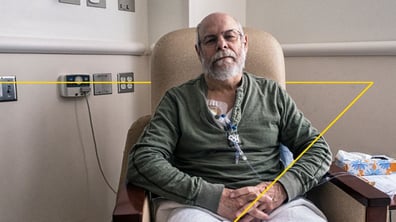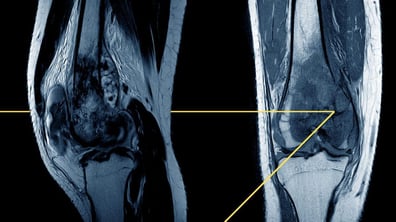
Clinical Trials - Oncology - Cell Therapies
Case Study: Conducting Autologous Cell Therapy Research Across 3 Continents with Zero Sample Loss
|
-

Alexis Hobbins-White
has not third author: true, (SizeLimitingPyMap: {main={hs_id=164725548848, hs_child_table_id=0, hs_updated_at=1716454310949, hs_published_at=1752501630185, description=Alexis Hobbins-White is an accomplished leader who plays a pivotal role in navigating the complex landscape of global oncology and rare disease-focused clinical trials. With a career spanning over 15 years in the clinical trials industry, Alexis brings a wealth of experience across multiple therapeutic areas, showcasing her proficiency in diverse aspects of operational strategy. She specializes in early phase adaptive studies, particularly in immuno-oncology and advanced therapeutics. She has an MSc in Neuroscience and an MA in Biotechnology Law and Ethics., avatar=Image{width=150,height=150,url='https://5014803.fs1.hubspotusercontent-na1.net/hubfs/5014803/PfM%20Website/PfMxMarkentive/authors/Alexis-Hobbins-White-150x150.jpeg',altText='Alexis-Hobbins-White-150x150',fileId=164710912635}, linkedin=https://www.linkedin.com/in/alexis-hobbins-white-400a1720/, lastname=Hobbins-White, hs_initial_published_at=1713362276020, hs_created_by_user_id=5166971, hs_created_at=1713361952861, hs_is_edited=false, hs_deleted_at=0, name=Alexis, job=Senior Director, Operational Strategy , slug=alexis-hobbins-white, hs_updated_by_user_id=26433386}, second={}, third={}})












